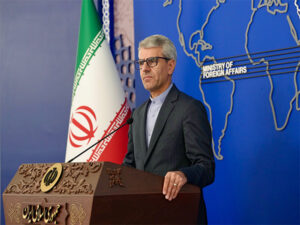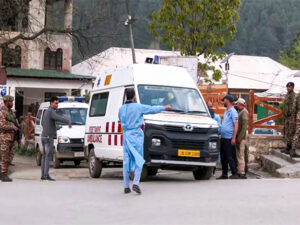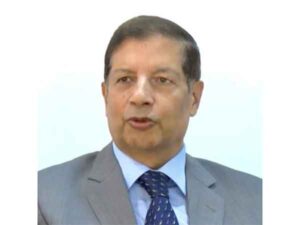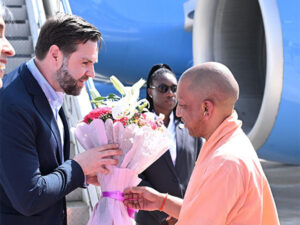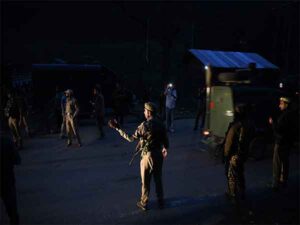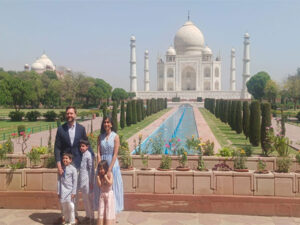SAARC Secretary General arrives in New Delhi for official visit
New Delhi [India], May 11 (ANI): SAARC Secretary-General Golam Sarwar arrived in New Delhi for an official visit to the country from May 11 to 14.
“Welcome to India! SAARC Secretary General Md Golam Sarwar arrives in New Delhi on his first official visit to India. An opportunity to further strengthen cooperation in South Asia,” said the Spokesperson of the Ministry of External Affairs, Randhir Jaiswal, on Saturday.
He is scheduled to meet the Minister of State for External Affairs, Rajkumar Ranjan Singh, in Delhi on Tuesday.
During his visit, Sarwar will deliver an address at the 3rd Shakti Sinha Memorial Lecture on ‘The Future of SAARC’ on Monday, as per a media advisory issued by the Ministry of External Affairs (MEA). He will also meet Foreign Secretary Vinay Mohan Kwatra. He is scheduled to participate in the programme in Delhi on Tuesday.
Golam Sarwar is also scheduled to hold a meeting with Jaideep Mazumdar, secretary (East) in the Ministry of External Affairs (MEA). He will visit South Asian University in Delhi’s Maidan Garhi on Tuesday. He is scheduled to depart from Delhi on May 15, according to the MEA.
The South Asian Association for Regional Cooperation (SAARC) was established on December 8, 1985. It comprises eight member states: India, Bangladesh, Afghanistan, Bhutan, Maldives, Nepal, Pakistan and Sri Lanka. The Secretariat of SAARC was set up in Kathmandu on 17 January 1987, according to the official statement.
The objectives of the SAARC are to promote the welfare of the peoples of South Asia and improve their quality of life; accelerate economic growth, social progress and cultural development in the region; provide all individuals with the opportunity to live in dignity and realise their full potential; and promote and strengthen collective self-reliance among the countries of South Asia, according to an official statement by the SAARC Secretariat.
In addition, SAARC aims to contribute to mutual trust, understanding and appreciation of one another’s problems; promote active collaboration and mutual assistance in the economic, social, cultural, technical and scientific fields, strengthen cooperation with other developing countries, strengthen cooperation among themselves in international forums on matters of common interest; and cooperate with international and regional organisations with similar aims and purposes.

